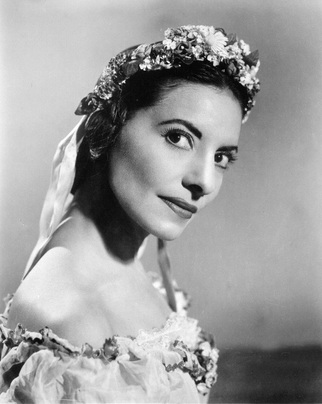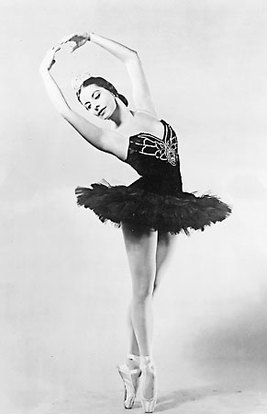The above quote is Alicia Alonso describing her recovery period after her operation for a detached retina.
When I last visited Havana I stayed at the Hotel Inglaterra next to the Gran Teatro de La Habana where Ballet Nacional de Cuba would perform. I have a lasting memory of this time of waking up in the morning to the patter of feet and a teacher shouting instructions and as I stepped out on to my balcony I could directly see into a studio in the theatre where a dance class was taking place. I was certain I had the best room in the hotel and, perhaps, in Havana.
Over ten years ago I bought tickets for Ballet Nacional de Cuba’s production of Swan Lake and was charged a very little and placed in the middle of the front row. That experience of the ballet in Cuba has always stayed with me as it was such a contrast to watching a ballet in Britain. Firstly, in the theatre there was a real buzz of excitement about seeing certain ballet stars on stage and when one of these principals made their entrance there were cheers and yelps around the theatre. The audience were more vocal about their appreciation for great performances and the whole experience felt more interactive.
Secondly, I remember the love and respect for Alicia Alonso that night as she entered the theatre to take her place in the audience. As she is partially blind, Alicia was escorted to her seat by two young men and the rest of the audience stood up, turned to face her and clap her. Alicia had an operation for a detached retina in 1941 but the operation was not a success but it didn’t stop her from dancing. Her entrance at the theatre that night had real dramatic style. At the time I didn’t quite understanding what was going and it felt as though Fidel Castro himself had entered the theatre.
Alicia is a beloved Cuban prima ballerina who established a dance company, which later on became Ballet Nacional de Cuba. It is thanks to her and her husband, Fernando, and his brother, Alberto, (who was a choreographer) that Cuban ballet was able to develop. After the revolution Alicia stopped touring in America and was given full funding by Castro for the ballet company in Havana and in 1960 she established the ballet school.
On returning to Gran Teatro de La Habana I find that it is closed and, like the city’s Capital Building, is in the middle of some much needed restoration and the outside looks like it has been cleaned up. I hear that Ballet Nacional de Cuba are now based in a temporary home in Plaza de la Revolucion (Resolution Square) in the Teatro Nacional but I haven’t managed to chased them down yet.
Photos: Stock images






 RSS Feed
RSS Feed
